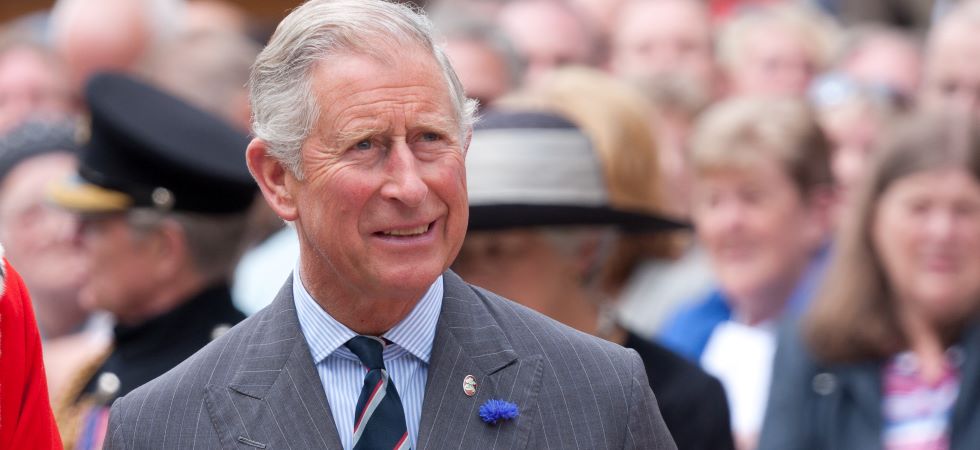HRH Prince Charles was among the global representatives calling for the transformation of food systems during the concluding day of the United Nations’ Food Systems Pre-Summit.
More than 100 countries came together over the course of three days to discuss how they will transform their national food systems to drive progress against the Sustainable Development Goals by 2030, the UN reported.
Convened at the UN Food Systems Pre-Summit, more than 500 in-person delegates and over 20,000 virtual delegates, from 190 countries, indicated how they would implement changes for “more sustainable, equitable, resilient and nutritious food systems.”
The discussions will culminate at a Head of State-level Summit in New York this September.
Early commitments before the Summit in September came as HRH Prince of Wales raised the alarm on the impact of failed food systems on our health and planet. HRH said: “It gives me hope that the pressure for change is now being met by a substantial, determined global response.”
He continued: “But that response, and its practical implementation on the ground, must be expedited as the window of opportunity left to us is rapidly closing. The security and capacity of our planet’s entire life-support systems are banking on it, and if we all work with that primary responsibility to the fore, not only will we benefit nature, we will benefit people and the planet too.”
The United States, in partnership with the United Arab Emirates, and with the support of Australia, Brazil, Denmark, Israel, Singapore, the UK and Uruguay, has already set out its Agriculture Innovation Mission for Climate (AIM for Climate) initiative. The initiative, the UN reported, will aim to increase and accelerate global research and development on agriculture and food systems in support of climate action.
Japan, meanwhile, outlined its alignment with the European Union on the importance of innovation to transforming food systems, along with a balanced diet, while emphasising the need for solutions adapted to regional contexts.
The UN Deputy Secretary General Amina J. Mohammed also previewed the emerging global coalitions that would champion further progress. She said: “Anything we do must always include those at the centre of our food systems: smallholder farmers, indigenous peoples and especially women and youth.
“Just as food brings us together as cultures and communities, it can bring us together around solutions. But what is clear is there is no one-size fits all solution. Our diversity is our strength and reflects the complexity of our world.”
The Sustainable Food Trust (SFT), creators of the Global Farm Metric, an internally common framework for measuring farm and land sustainability, welcomed HRH’s words. The metric, mentioned by HRH in his address, aims to aid farmer understanding and provide a common language for farm and land use sustainability. According to SFT, it takes an inclusive approach that allows farmers and land managers to make incremental steps towards becoming “more resilient, sustainable, regenerative, and ultimately a climate change solution.”
CEO Patrick Holden expressed that SFT were delighted that HRH recognised “the critical importance of using the Global Farm Metric to measure the impact of food and farming – on climate change, biodiversity, soil health, social equity and much more.”
He continued: “The full roll out of a Global Farm Metric would unite the global farming community and speed up the much-needed transition to more planet friendly farming and land use systems, providing a common language and framework of measure – giving power to farmers, consumers, governments, the financial community, food businesses and retailers to deliver transformative change.”









